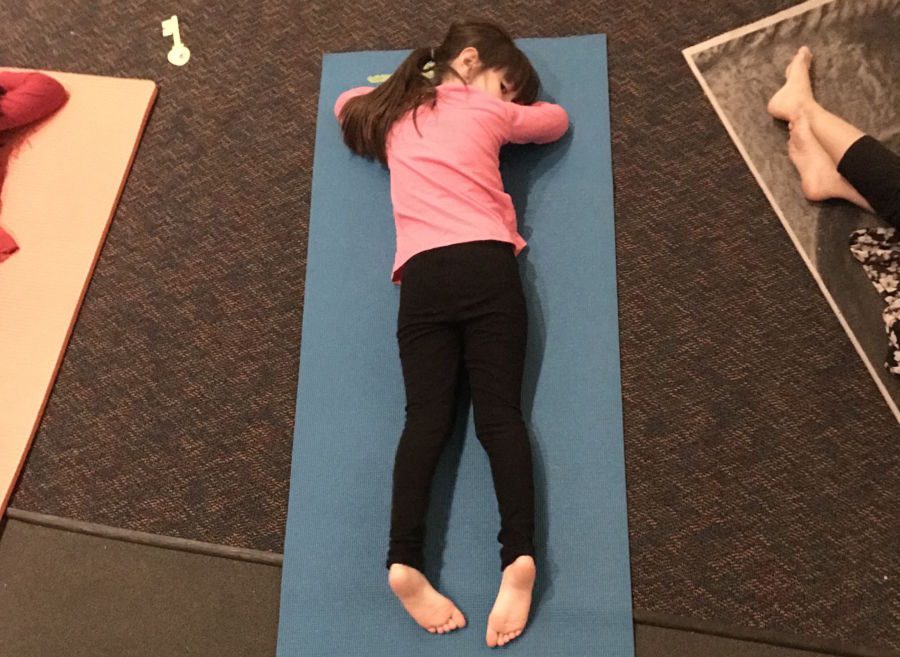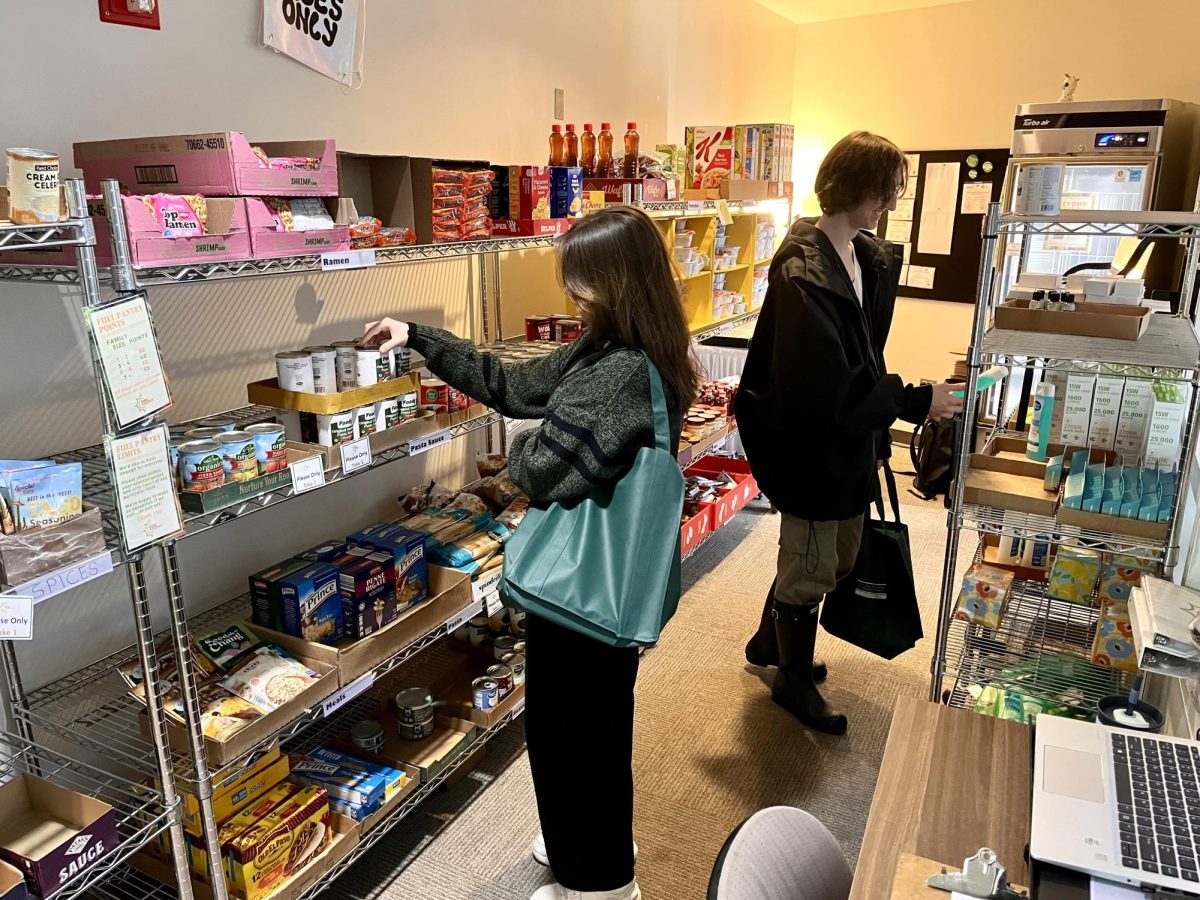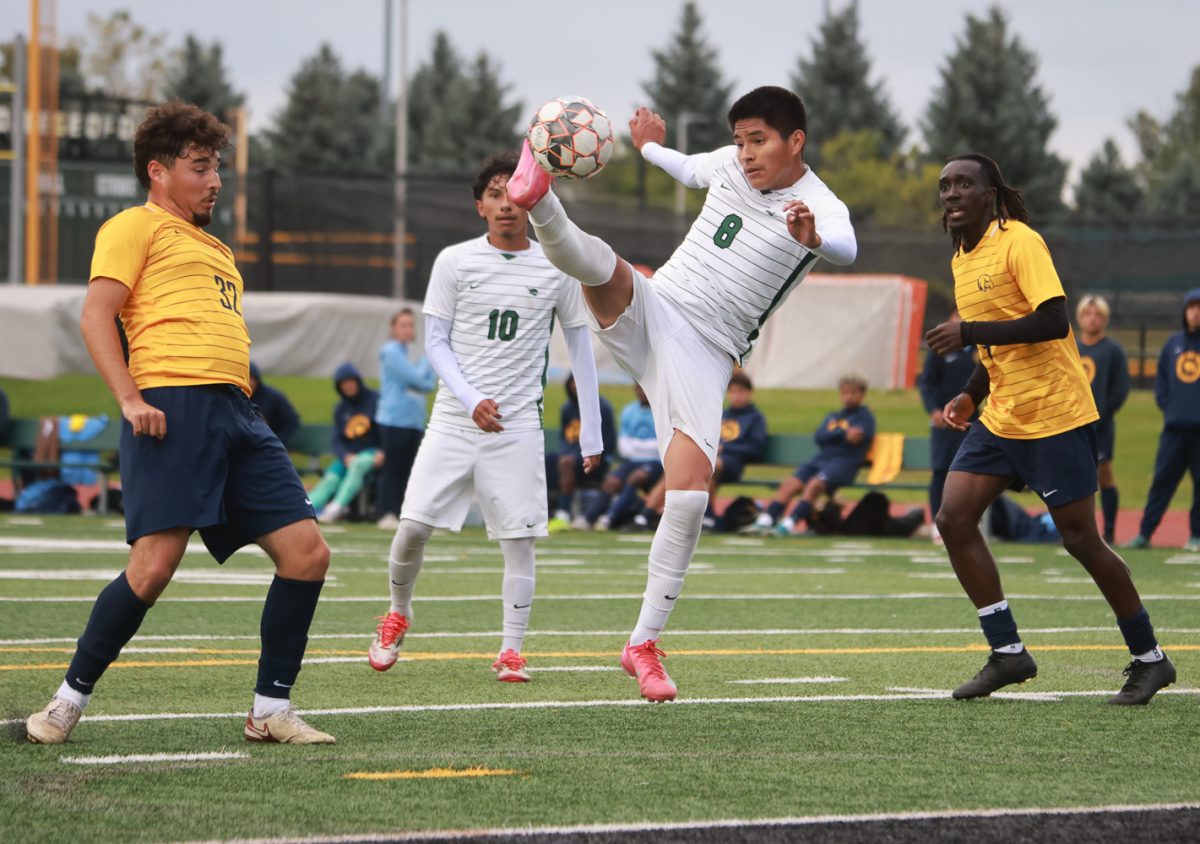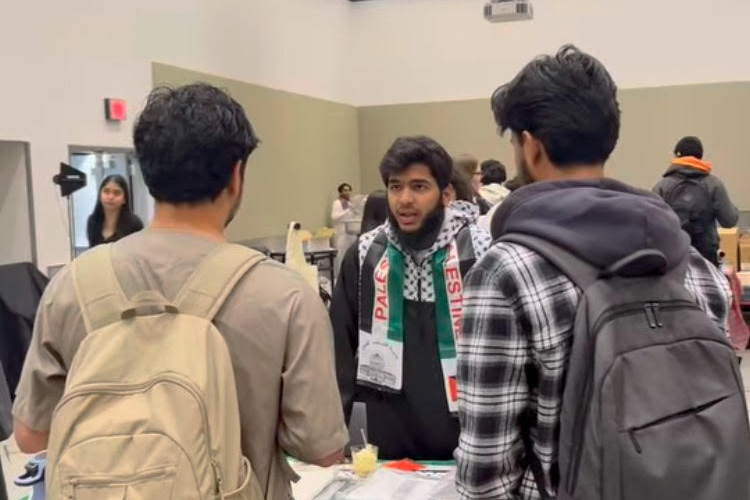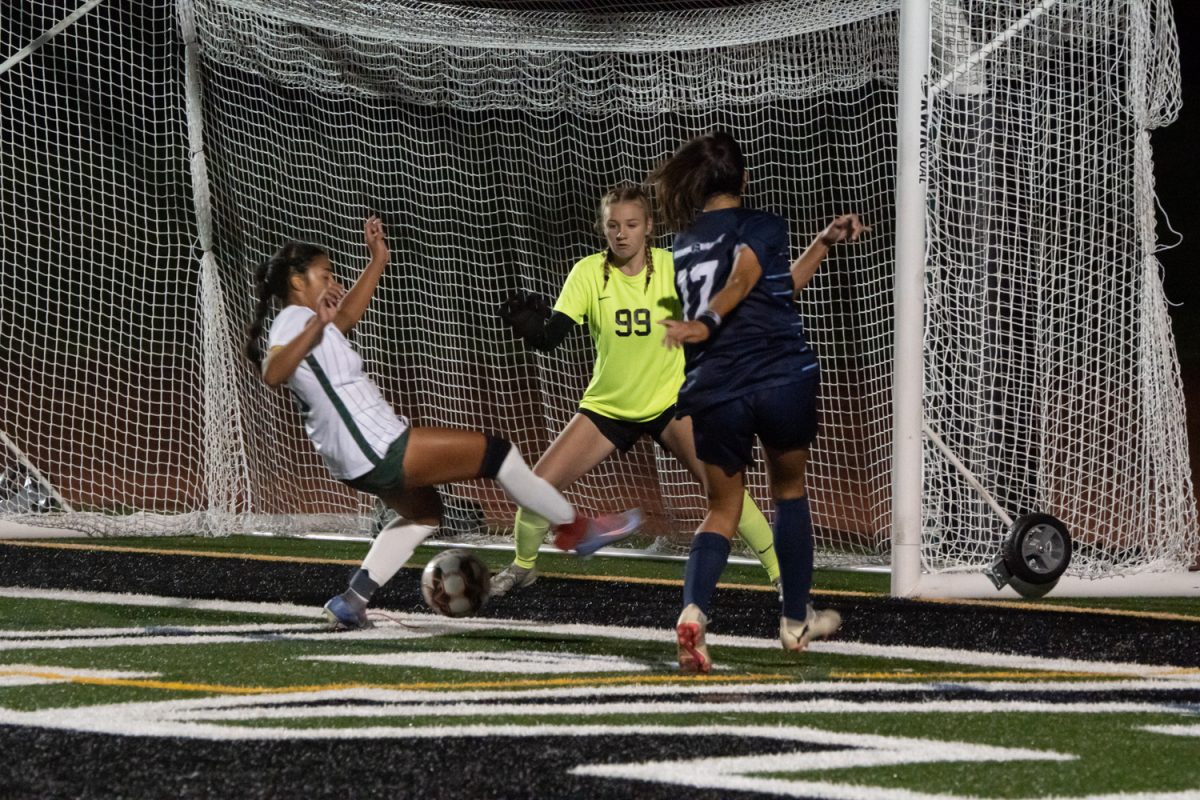Why one school replaced detention with yoga
February 27, 2018
Originally posted on Chalkbeat by Melanie Asmar on February 26, 2018
The lights were dimmed low in the high-ceilinged auditorium of Denver’s Doull Elementary School, where 13 barefoot students sat cross-legged on yoga mats arranged in a wide circle.
Their instructor, Trini Heffron, asked them a question: “What is yoga about?”
An older boy raised his hand. “I think yoga is about getting calm and chill,” he said.
Heffron told him he was right. It’s a state she’s found students at the high-poverty school are eager to reach. And this year, she’s been helping them get there in after-school yoga sessions for students whose behavior would have in the past earned them a detention.
“I want to create a space where they can embody all these beautiful things of life, like self-awareness and fun, … courage and kindness, and to be mindful of their feelings,” she said.
The school was able to hire Heffron, an experienced yoga teacher who once worked at Doull as a paraprofessional, with money from a $100,000 grant from Denver Public Schools. Forty-two schools applied for the funding, which will be doled out over two years. Doull, in the southwest Denver neighborhood of Harvey Park, was one of seven chosen to receive it.
The district created the small grant program, which it calls the “whole child innovation fund,” with money from a $56.6 million tax increase approved by voters in November 2016. A big chunk of the tax revenue – $15 million – is earmarked for programs or staff to help meet students’ social and emotional needs, a recognition that education is about more than academics.
The innovation fund is just a small piece of the funding, but district officials said it has the potential to be an important one. The goal is to provide seven schools with the seed money to try a variety of out-of-the-box ideas, evaluate what works best, and share that with other schools, said Katherine Plog Martinez, the district’s executive director of whole child supports.
The schools that were chosen had all experimented with innovative approaches to social and emotional learning in the past, Plog Martinez said. For instance, a few years ago, Doull converted two small spaces, including a former closet, into “cool-down rooms” for students who become angry or act out in class. Decorated with colorful throw rugs, bean bag chairs, and a speaker that plays soothing music, the rooms provide a space for students to de-escalate.
“When you’re escalated, you’re not empathetic, you’re not listening,” Doull Principal Jodie Carrigan said. Allowing students to take a break for a few minutes before talking to them about whatever triggered them to get upset “has made all the difference in the world,” she said.
The school was taking what Carrigan called “baby steps” — until the grant allowed Doull to up its game. The school used part of its $50,000 this year to keep its full-time psychologist and hire a part-time counseling intern who meets with students whose parents are going through a divorce, for example, or who are dealing with grief.
Doull also contracted with a nonprofit organization called Playworks that sends “coaches” to schools to organize structured games during recess, and it hired a different kind of coach to come once a week to show teachers and students how to practice mindfulness.
And then there’s Heffron, who leads three hour-long yoga sessions each week. Two are for students who’ve gotten in trouble. Instead of after-school detention, students are now required to attend “reflection” with Miss Trini. Carrigan said it’s been a welcome change.
“The nice thing about yoga is our kids are leaving with a life skill,” she said. Heffron, she said, “talks to them: Why are they are in yoga, what can they learn from yoga. And then she follows up with the classroom teachers: ‘This is the talk we had; these are the things we worked on.’ She has the ability to follow up with the teachers to see, ‘Are they using the strategies?’”
The third session is an after-school yoga club that any student can join. The school added it after students began asking to go to yoga even if they hadn’t earned detention, Carrigan said.
Yoga can be quiet and serious, but Heffron’s sessions at Doull are full of laughter and wiggling. On a recent afternoon, she called out a series of poses, rapid-fire.
“Sky!” she said. “Heart! Earth! Star! Rock ‘n’ roll star!”
With their feet planted wide, the students pretended to headbang and jam on an electric guitar. After a few seconds, Heffron called out, “I am a superhero!” The kids snapped their feet together, puffed out their chests, and planted their fists on their hips.
Heffron then had them sit on their mats with their backs straight. With the sound of a copy machine whirring in the background, she taught them to touch the fingertips of their hands together and use them as a “breathing ball” to time their inhalations and exhalations.
“If you have a test and you’re nervous and anxious, you can put your hands under the desk and no one has to see,” Heffron said. To end the session, the students lay down. Heffron invited them to close their eyes as she circled the room, spritzing a lavender scent and speaking softly.
“There’s nothing to do, nothing to explain,” she told them. “You are safe.”
Chalkbeat is a nonprofit news site covering educational change in public schools.



